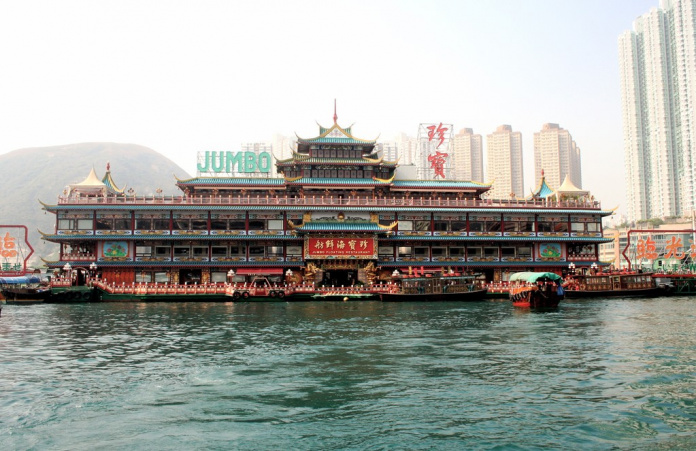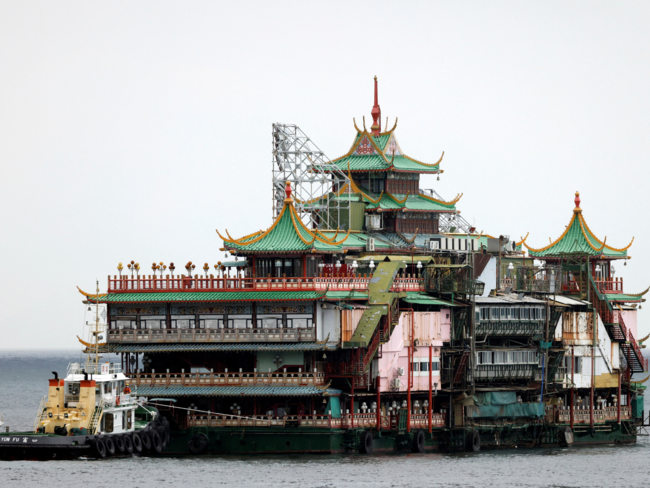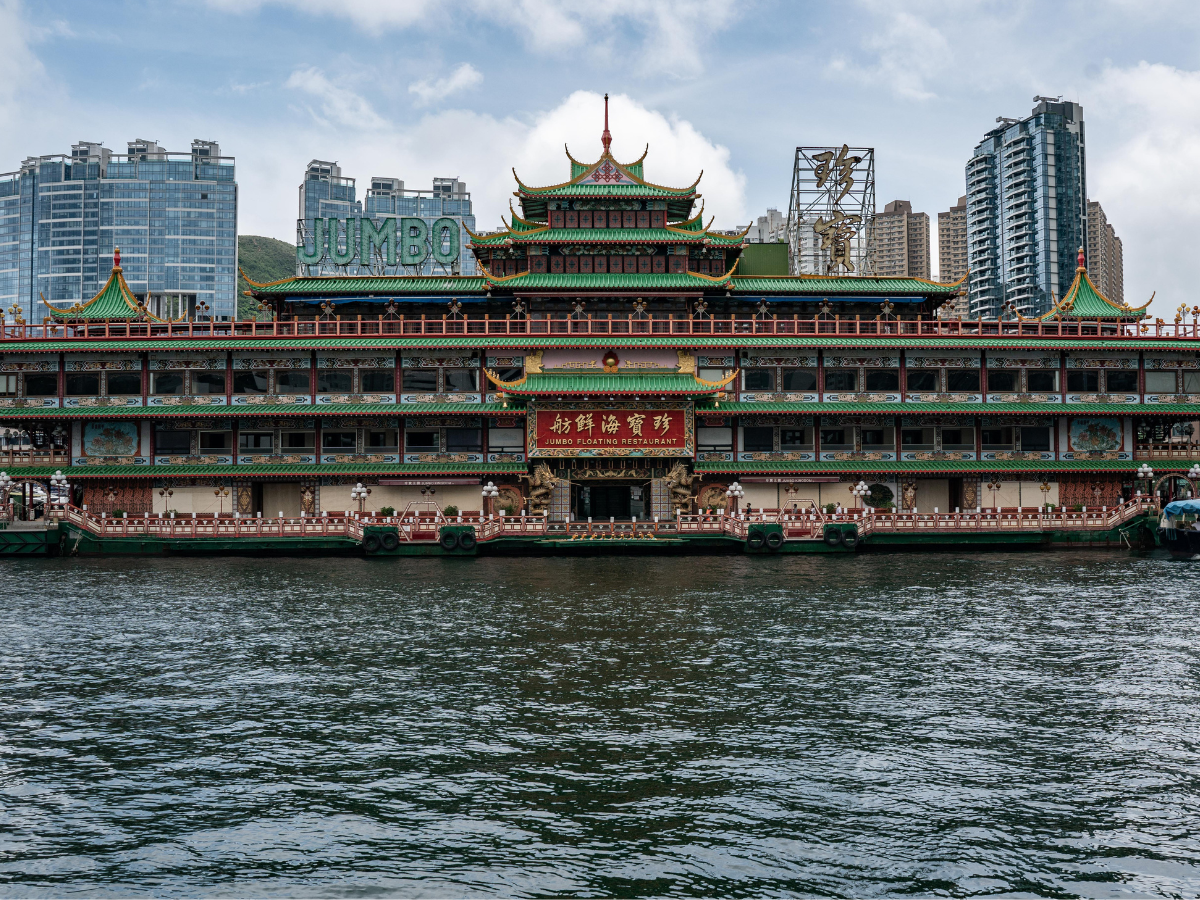The Australian Conservation Foundation has asked a court to halt progress on the Scarborough gas project off Western Australia until reef impacts are assessed.

The ACF is seeking a pause on the Scarborough gas project until its impact on the Great Barrier Reef is assessed under environmental laws. Source: AAP / J Sumerling
The Federal Court has been asked to halt Woodside Energy's offshore Scarborough gas project until its impact on the Great Barrier Reef is assessed under environmental laws.
The Australian Conservation Foundation is fighting the $16.5 billion project in court, calling it a "climate bomb" that will amplify climate change harms including repeated coral bleaching events.
Woodside plans to exploit gas fields off Western Australia but ACF said because it would happen offshore, the project had not been approved under the Environment Protection and Biodiversity Conservation Act.
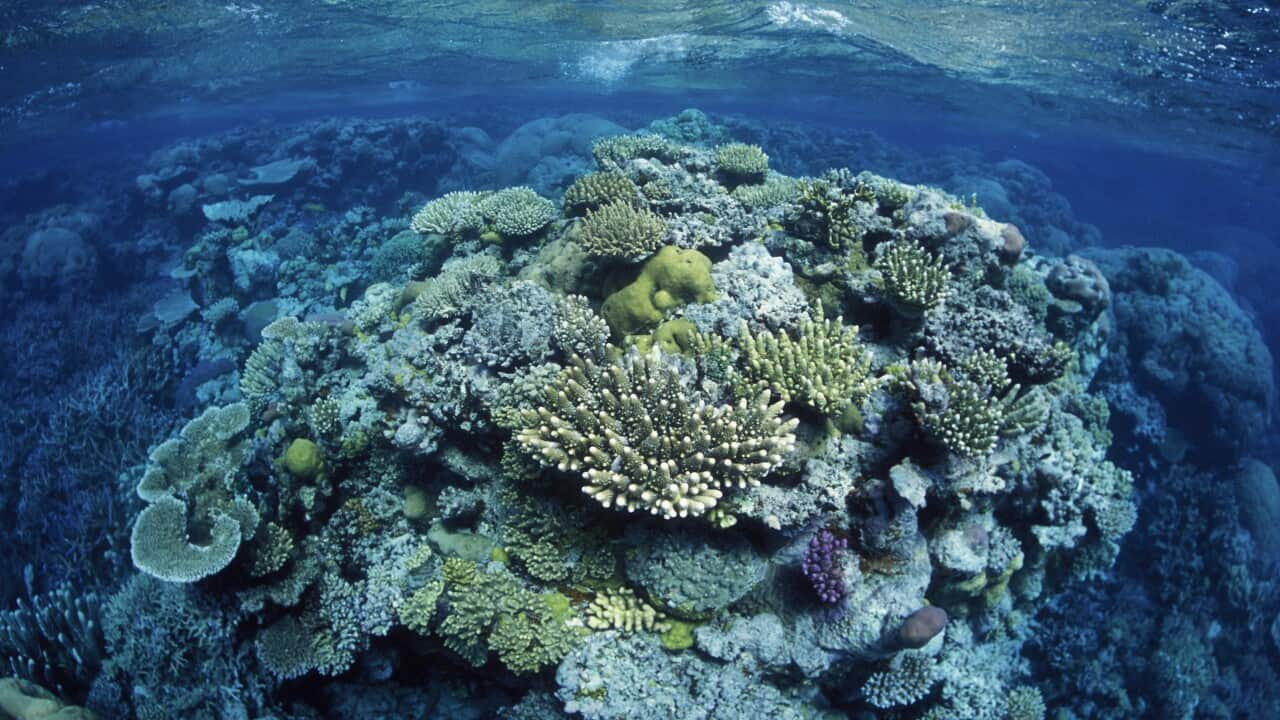
Great Barrier Reef could be destroyed by coral bleaching events without drastic climate action, report warns
It said the act included an exemption for projects like Scarborough that are assessed by the National Offshore Petroleum Safety and Environmental Management Authority (NOPSEMA).
But it said the exemption did not apply if an offshore project was likely to have a significant impact on the world or national heritage values of the reef, something ACF would seek to show in court.
"If it goes ahead, the Scarborough gas mine and its Pluto extension will produce vast quantities of climate-heating gas through until 2055," ACF chief executive Kelly O'Shanassy said.
"We will demonstrate to the Federal Court that Scarborough is likely to have a significant impact on the World Heritage-listed Great Barrier Reef if it proceeds."
The case was filed in the Federal Court in Melbourne on Tuesday. ACF says a victory could establish an important precedent that could affect how other projects are assessed in the future.
'Today Australia turns the climate corner': Chris Bowen
Late on Tuesday, Woodside confirmed ACF had sought an injunction to restrain offshore activities associated with the project.
It said Scarborough had been the subject of rigorous environmental assessments by a range of regulators including NOPSEMA, the federal environment department and WA's Environmental Protection Authority.
"The Scarborough project is underway and proceeding to schedule after receiving all primary environmental approvals," Woodside CEO Meg O'Neill said in a statement.
"Woodside will vigorously defend its position in these proceedings."
It's not the first legal challenge Scarborough has faced, after the Conservation Council of Western Australia lost a Supreme Court bid earlier this year to overturn the project's environmental approvals.
WHAT'S THE GOOD OF GOVERNMENT THEN
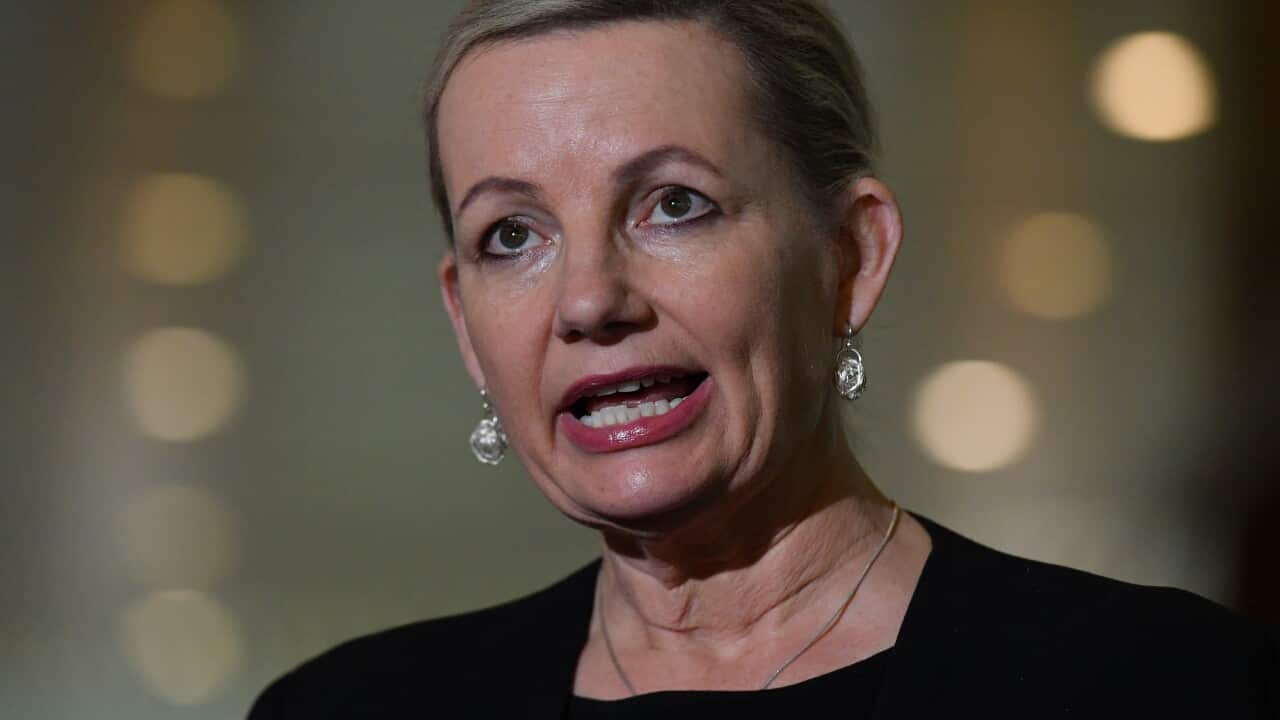
Australian government has no duty of care to protect children from climate harm, court rules
The Scarborough field, about 375km off the WA coast, is estimated to contain 11.1 trillion cubic feet of gas that will be transported via a 430km pipeline to the mainland to the Pluto LNG plant.
Much of the gas will be exported, but some will supply domestic markets.
Earlier this month Prime Minister Anthony Albanese was asked if he was comfortable with the Scarborough project when climate scientists are pleading for an immediate end to new fossil fuel projects.
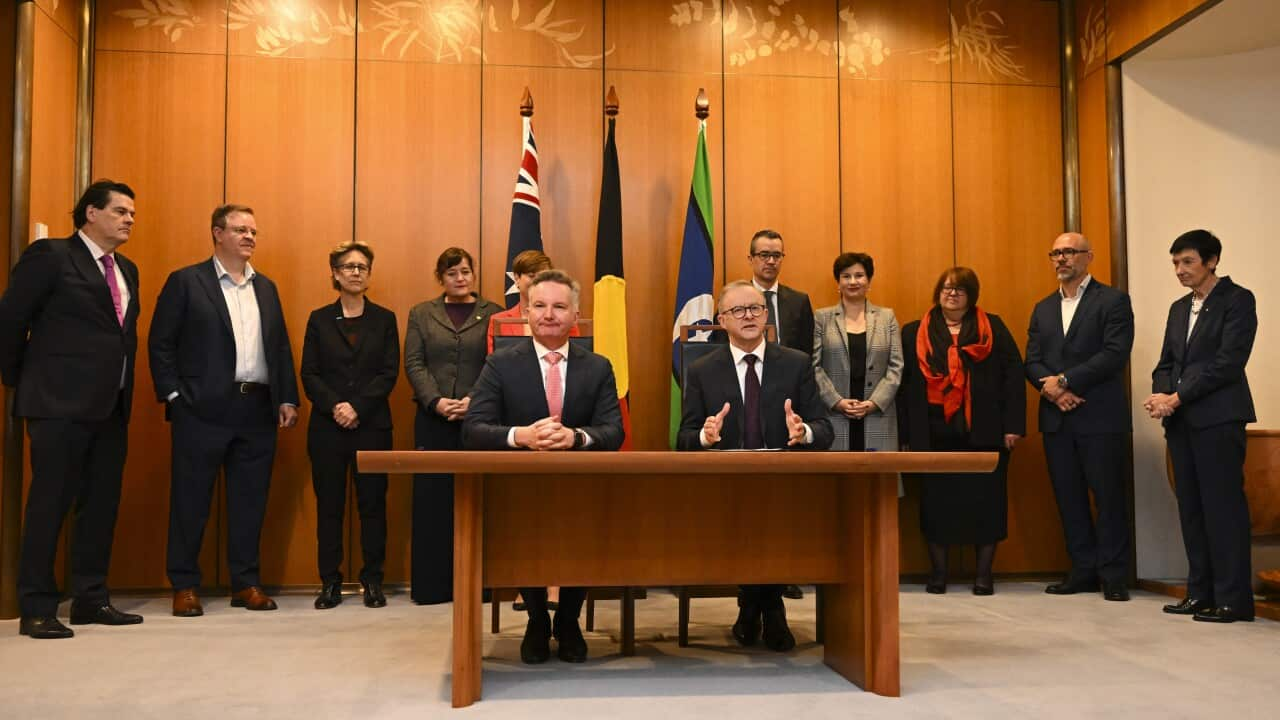
'Cleaner, cheaper energy': Anthony Albanese submits more ambitious 2030 emissions target to UN
"That's a target that's shared by companies like Woodside and BHP and Rio Tinto. We need to make sure, in the meantime, that people do have access to energy."
A report by the Conservation Council of Western Australia and the Australia Institute last year found the project would release 1.6 billion tonnes of greenhouse gases in its lifetime, or the equivalent of 15 coal-fired power plants.
But Woodside disputes that, saying total scope one and three emissions will be significantly less.
June 23, 2022 7:09 AM
Phil Mercer
VOA
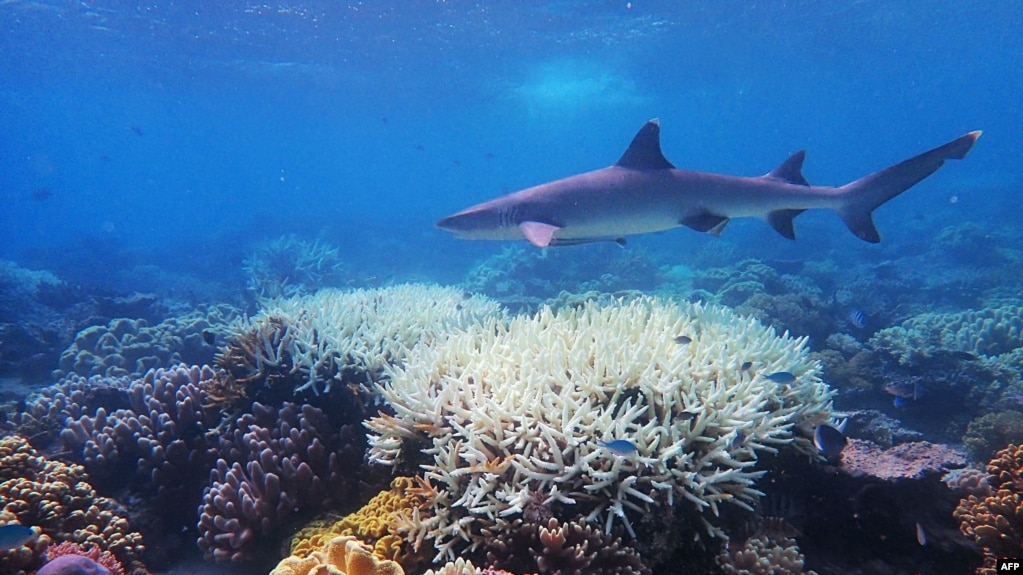
SYDNEY —
Conservationists are launching a federal court challenge against a major gas project off Western Australia’s coast. Campaigners insist the plan would be, in their words, a “really, really big carbon bomb,” although the company involved says it has passed rigorous environmental scrutiny.
The Scarborough gas field is a natural gas field located in the Indian Ocean, hundreds of kilometers off Australia’s west coast.
Woodside Energy, an Australian company, wants to set up drilling platforms in the ocean to extract the natural gas from the untapped gas fields and send it by pipeline to a liquefied natural gas processing plant near the city of Karratha, in Western Australia.
Most of the liquified natural gas would be exported to Asia.
Woodside Energy says the project has “been the subject of rigorous environmental assessments by a range of regulators.” In a statement, the company’s chief executive, Meg O’Neill, said the plan would boost jobs, tax revenues and ensure gas supplies’ reliability.
O’Neill said the company would “vigorously defend its position” in legal proceedings in Australia’s federal court.
The case has been brought by the Australian Conservation Foundation. It is an unusual legal challenge because campaigners have argued that the Western Australia gas project would damage the Great Barrier Reef, 3,000 kilometers away, on the other side of the country.
According to court documents, estimated emissions from the project would cause global temperatures to increase by almost 0.0004 degrees Celsius. Conservationists believe this would “result in the deaths of millions of corals” due to warmer ocean temperatures.
The ACF has applied for an injunction against Woodside Energy's Scarborough gas project. It wants it to stop until the new federal environment minister, Tanya Plibersek, can assess whether it would harm the Great Barrier Reef by exacerbating climate change.
ACF Chief Executive Kelly O’Shanassy wants the government to reconsider the plan’s approval process.
“It, sort of, went through a bit of a loophole in national environmental law and what we want the courts to do is to pull that project back and say, no, it needs to be assessed for its climate impacts on the Great Barrier Reef. That is the heart of the legal case,” said O’Shanassy.
Although committed to renewable energy, the recently elected center-left government in Canberra has said it would support fossil fuel projects that “stack up environmentally and then commercially.”
Australians have been warned of winter blackouts as an electricity shortage hits the heavily populated east coast. Various factors have caused the energy crisis, including unprecedented wet weather and a recent cold snap in eastern Australia. Russia’s invasion of Ukraine in February has prompted a surge in global demand for fossil fuels. There have also been outages at Australia’s aging local coal-burning power stations.
The United Nations is assessing the impact of global warming on the Great Barrier Reef, as well as localized threats, including pollution and over-fishing.
Arguably Australia’s greatest natural treasure, the reef runs 2,300 kilometers down its northeastern coast and spans an area about the size of Japan.







